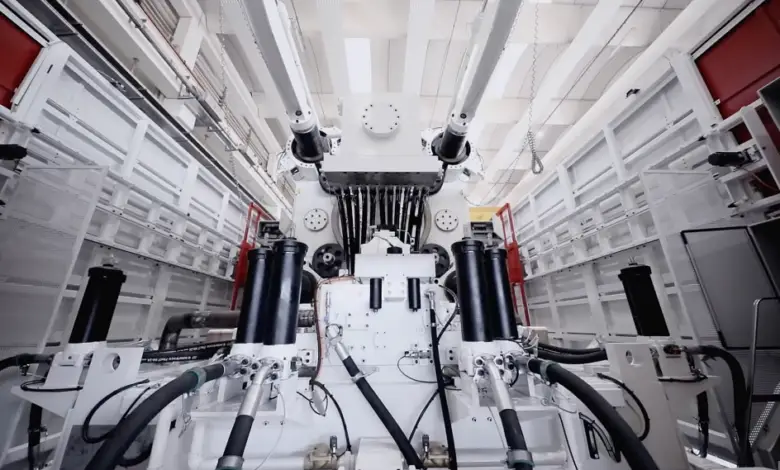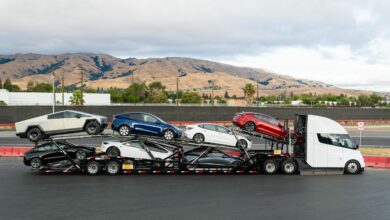
Tesla’s Gigacasting Revolution Inspires Toyota’s Electric Vehicle Evolution
Toyota Adopts Gigacasting Technology as Electric Vehicle Ambitions Grow
In the ever-evolving landscape of electric vehicles (EVs), Tesla stands as a trailblazer, consistently setting new standards and pushing the boundaries of innovation. As the world witnesses the surge in popularity and importance of EVs, other automakers are taking note, and one notable contender following in Tesla’s footsteps is Toyota.
Toyota, a veteran in the automotive industry, is gearing up to embrace a game-changing technology known as gigacasting, a concept pioneered by Tesla. This revolutionary technique allows Toyota to manufacture a third of a car body in just a few minutes, a process that traditionally consumed hours of production time. Gigacasting technology is poised to be a game-changer, propelling Toyota towards its ambitious goal of selling 3.5 million electric vehicles annually by the end of this decade.
One of the significant challenges in the electric vehicle sector has been the high cost of batteries, which has made profitable EV production a daunting task. However, the integration of gigacasting into Toyota’s production methods is a significant step towards optimizing EV production and achieving profitability. Tesla, with its track record of innovation, has successfully employed such strategies to attain impressive profit margins in the industry.
Toyota’s Chief Production Officer, Kazuaki Shingo, openly acknowledged the company’s inclination to learn from rivals within the electric vehicle sector. While Shingo did not explicitly mention Tesla by name, it’s reasonable to infer that the inspiration for Toyota’s adoption of gigacasting was drawn, at least in part, from the electric vehicle giant.
Shingo stated, “We’re learning new options from specialized EV makers to take on the challenge.”
Tesla’s groundbreaking utilization of gigacasting was notably showcased in the Model Y, an all-electric crossover that has since become the company’s best-selling vehicle. The Model Y’s remarkable production ramp-up can largely be attributed to the seamless integration of gigacasting, simplifying production processes and keeping costs under control.
In a significant milestone, the Tesla Model Y secured the title of the world’s best-selling car this year, marking a historic achievement as the first electric car to claim this distinction. Toyota, while setting more modest targets compared to Tesla, aims to sell 1.5 million electric cars by 2026. This figure, while trailing behind Tesla’s ambitions, is a substantial commitment for Toyota, considering that the veteran automaker only managed to sell approximately 24,000 electric cars in 2022.
As Tesla continues to lead the charge in the electric vehicle revolution, Toyota’s adoption of gigacasting and its willingness to learn from industry rivals signal an exciting era of innovation and competition in the electric vehicle market. With both companies driving towards a greener and more sustainable future, consumers can anticipate an array of choices that cater to diverse preferences and needs.



